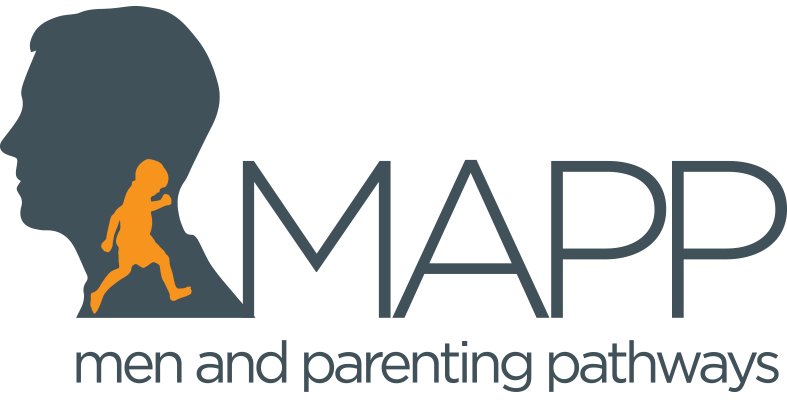As of September 2025, the Australian Fatherhood Research Consortium (AFRC) is proud to present its new website!
Visit the website below to learn more about the AFRC, its publications, the annual Australian Fatherhood Research Symposium, and new developments in Australian fatherhood research.

